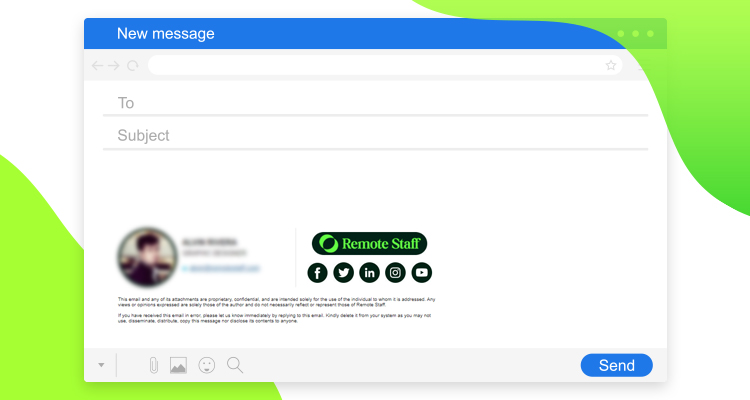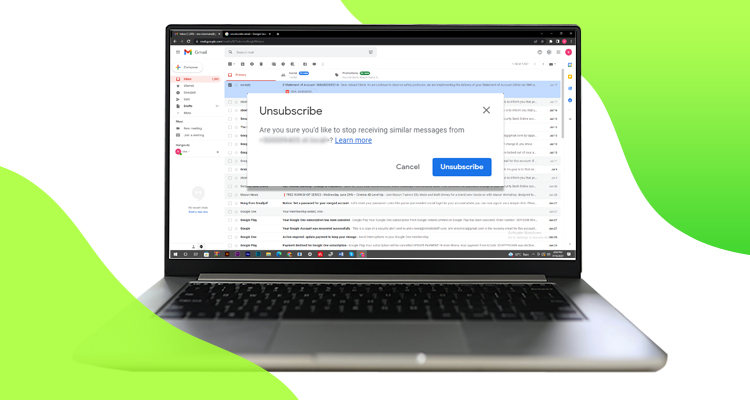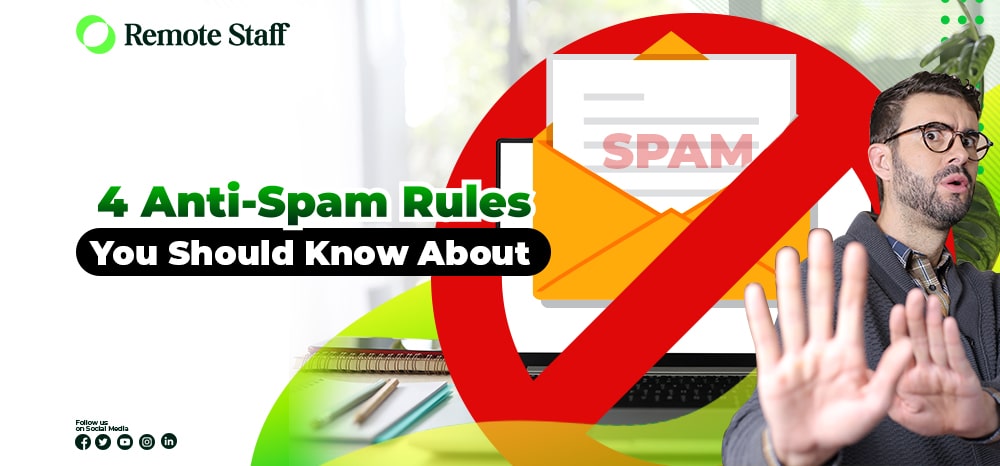Crafting an effective marketing message can be tricky. It’s also especially frustrating if it just lands directly into your recipient’s spam folder. Yikes.
But aside from ensuring that your recipients actually read your messages, they also shouldn’t violate spam laws under the Spam Act 2003 and/or the Spam Regulations under Australian law.
Hence, before you or your lead generation specialist send out those emails, read up on the rules first:
Get Permission

First things first. Always get permission from your recipients before you send out marketing messages or emails.
There are two ways in which you can get permission: express or inferred. The former means your recipients know that they’ll receive marketing messages from you and are okay with it. They can give their consent by filling up a form, over the phone, or by ticking a box on a website.
Meanwhile, recipients give inferred permission if they subscribe to your services. After all, email marketing is an essential component for maintaining the customer-client relationship.
Identify Yourself

Most emails are tagged as spam because they’re from anonymous senders.So, whenever you’re sending a marketing email, always indicate your business name and include your contact details.
If someone else is sending it on your behalf, they must also identify you as the business that authorised them to do so.
Lastly, ensure that all your business details remain the same for at least 30 days after sending the marketing message.
Provide an “Unsubscribe” Button

Yes, you read that right.
While the main goal is to connect with your target audience, they should have the option to, well, opt out.
Under the Spam Act, all commercial messages must make it easy for people to unsubscribe from electronic mailing lists.
Hence, your marketing emails should contain an “unsubscribe” option that:
- honours the request within 5 working days;
- does not require payment;
- presents instructions clearly;
- remain functional for at least 30 days.
Be Informed About Other Possible Violations

For instance, based on the same Act, you cannot use any address-harvesting software.
Simply put, deceptive methods for collecting email addresses are a big no-no. Neither should you use or supply an existing list generated using the same software.
Moreover, it’s also against the Act to:
- encourage others to break the spam rules;
- help, guide, or work with another to do so;
- be directly or indirectly involved in breaking these rules.
Marketing will always be a crucial part of any business. But aside from the creative and innovative ideas involved, consider the possible legal ramifications as well.
Be cautious about buying or using a marketing list. At the end of the day, you’re responsible for making sure you advertise the right information. And more importantly, always get permission from your target recipients.
If you’re looking for the best team to create an effective marketing campaign for your company, we’ve got you covered!
Remote Staff has been assisting Australian SMEs and entrepreneurs for the last 15 years find and hire skilled remote workers from the Philippines. Whether you need an excellent marketing expert (or an entire team), we have all of them on our roster.
Call us today or schedule a call back and let’s get started.
Serena has been working remotely and writing content for the better part of the last decade. To date, she's written for Pepper.ph and Mabuhay Magazine, among others, and has churned out more than a thousand articles on everything from The Basics of Stock Market Investing to How to Make Milk Tea-Flavored Taho at home. Hermits, aspiring hermits, and non-hermits with interesting project propositions may email her at serena.estrella10@gmail.com.
























 Zero Recruitment Fee
Zero Recruitment Fee